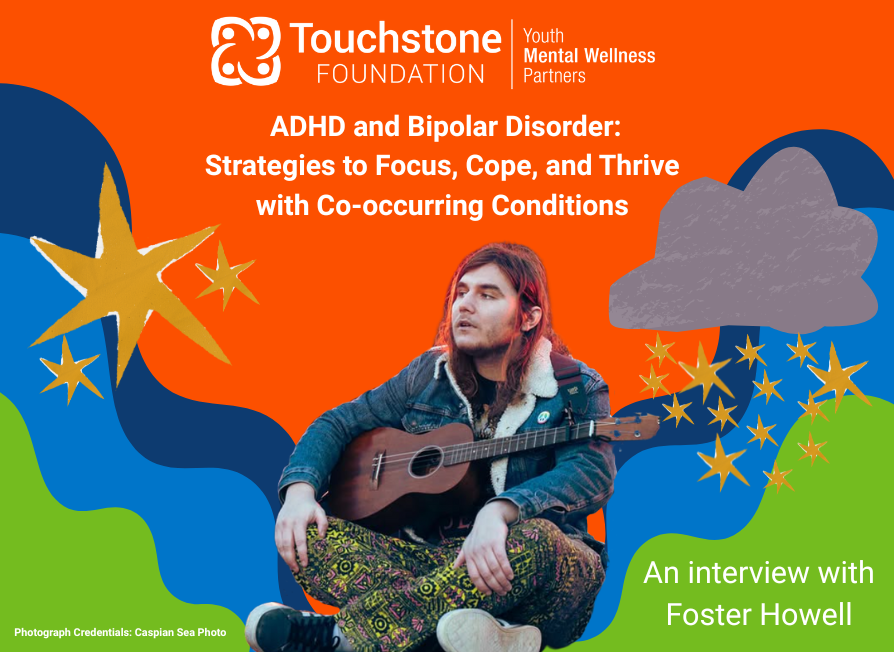With the results of the “Lancaster County Youth Behavioral and Mental Health Needs Assessment” we have refined our grantmaking focus. Our mission remains the same, but through the investments LOHF makes, we will advance mental wellness of children and youth in Lancaster County by facilitating access, education and coordination of resources.
We envision that all children and youth in Lancaster County experience mental wellbeing.
Funding priority will be given to programs that best address our core strategies to:
- Honor and celebrate the foundation’s osteopathic values and legacy, but work to advance the entire medical professional community
- Prioritize the investment of our time and funds to improve health outcomes for the most vulnerable populations i.e. people who lack access to care due to their incomes, ability to navigate delivery systems, mobility, or proximity to care
- Focus on care coordination efforts within children’s behavioral health care, where there is significant need
- Leverage financial resources through partnerships
- Work collaboratively to connect with others in the field
- Actively participate in advocating for improving the delivery of children’s behavioral health services
- Include diverse stakeholders in the planning, design, and provision of services
- Evaluate and improve programs for continuous learning
To support this work, we will provide:
Research and advocacy to support initiatives and $279,000 total funds available in 2015.
Grantmaking guidelines and processes
Our community is defined as
- Children and young adults (0-25) with mental/behavioral health issues and their parents/caregivers living in Lancaster County
- Stakeholders include teachers and providers such as physicians, nurses, psychiatrists, psychologists and social workers
The outcomes we will achieve through our grantmaking include:
1. Care Coordination – Improve delivery of children’s behavioral health services, resources
- Increase access to mental/behavioral health services
- Facilitate seamless transition of services for young adults
- Coordinate resources to support families in navigating and accessing care
2. Education – Enhance the capacity of parents, families, and caregivers through training and support
- Increase competency in addressing children’s mental/behavioral needs
- Increase understanding and confidence in parents using strength-based techniques
- Decrease need for care coordination
3. Access – Improve capacity of providers to support and treat children
- Reduce wait times for behavioral healthcare
- Increase number of children who have and utilize health insurance
- Encourage well-child visits and preventative care
- Expand number and frequency of behavioral/mental health screenings in primary care.
Needs Assessment Summary Results

Parents Responded
If you could make one suggestion to improve the process you went through to make sure your child received the necessary health care services or treatments, what would it be?
- Reduce costs of insurance and/or care
- Improve insurance processes
- Increase access to care
- Better communication and coordination between providers, primary and specialists, school and physicians
- Better communication between clients and providers
- Improved customer service oriented attitude toward clients




